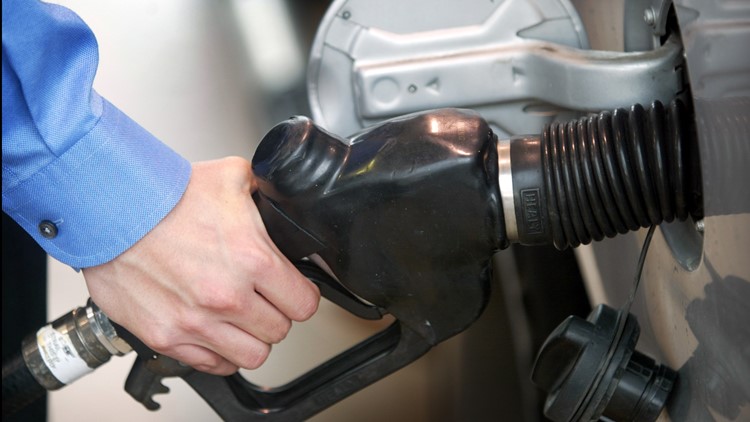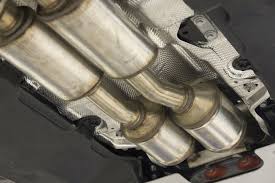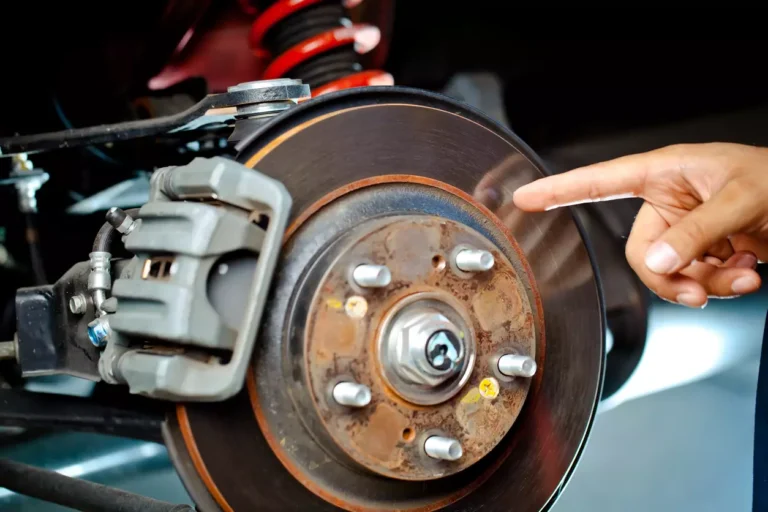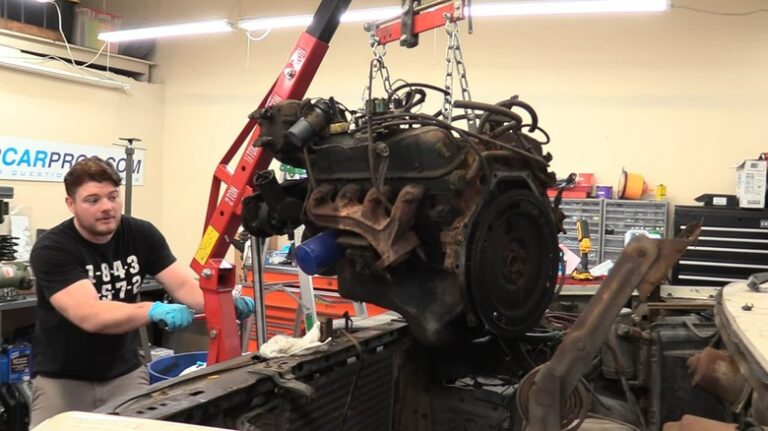Does Heat Affect Gas Mileage?

Yes, heat can affect your gas mileage, and in some cases, it may cause a decrease in fuel efficiency. While many people are familiar with how cold temperatures can impact fuel economy, the summer heat can have a similar, but slightly different, effect. Understanding how heat affects gas mileage can help you make better driving decisions, especially during warmer months.
How Heat Affects Gas Mileage
1. Increased Use of Air Conditioning
One of the primary ways heat can impact your fuel efficiency is through the use of air conditioning (A/C). When the weather is hot, you’re more likely to use the A/C, which puts a strain on the engine. This added load reduces fuel efficiency because the engine has to work harder to power the A/C system.
- A/C and Fuel Consumption: The A/C system runs off the engine, so when you use it, the engine burns more fuel to maintain the power needed. In fact, using the air conditioning can decrease your fuel efficiency by up to 20%, depending on the intensity of the heat and how long the A/C is running.
2. Higher Tire Pressure
As temperatures rise, tire pressure also increases. This is because the air inside your tires expands when it gets hot. Overinflated tires create more friction on the road, causing the engine to work harder to move the vehicle. The added friction leads to a reduction in gas mileage.
- Effect on Fuel Economy: According to experts, overinflated tires can cause up to a 3% drop in fuel economy. It’s important to regularly check your tire pressure to ensure it’s within the recommended range, especially during the hot months.
3. Engine Efficiency
Engines are designed to run most efficiently within a certain temperature range. When the weather gets hotter, engines can sometimes overheat or operate less efficiently. Overheating can cause more fuel to be burned because the engine’s cooling system has to work harder to regulate temperature.
- Effects of Overheating: If your car overheats, it can lead to engine strain, which results in more fuel consumption. Proper maintenance, like checking the coolant levels and ensuring the radiator is working properly, is essential to maintaining good gas mileage.
4. Air Density and Engine Performance
The air density is lower in hot weather, which means there’s less oxygen in the air. When there’s less oxygen, the engine doesn’t burn fuel as efficiently, potentially leading to a decrease in fuel economy.
- How This Affects Fuel Efficiency: In high heat, the reduced air density forces the engine to adjust its air/fuel mixture, often leading to less efficient combustion and potentially requiring more fuel to travel the same distance.
5. Increased Fuel Evaporation
Gasoline is a volatile substance, and it evaporates more quickly in hot temperatures. This means that in the summer, the fuel you pump into your car can evaporate faster, especially when your vehicle is parked outside in the sun.
- Impact on Gas Mileage: If your fuel is evaporating more quickly, it could result in more fuel consumption since the engine is burning a higher volume of fuel to make up for that lost energy.
How to Maximize Fuel Efficiency in Hot Weather
While heat can negatively impact gas mileage, there are several steps you can take to help mitigate the effects:
1. Use Air Conditioning Sparingly
When possible, try to use your A/C only when necessary. If you’re driving at low speeds or in traffic, consider rolling down the windows for some ventilation instead of turning on the A/C.
- Best Practice: If you’re driving at higher speeds, it’s typically more efficient to use A/C than open the windows, as the drag created by open windows can reduce fuel efficiency more than the A/C.
2. Maintain Proper Tire Pressure
Check your tire pressure regularly, especially during the summer months. Overinflated tires can reduce your gas mileage, so ensure your tires are inflated to the manufacturer’s recommended pressure.
- Tip: Invest in a tire pressure gauge and check your tires once a month to ensure they’re in optimal condition.
3. Regular Engine Maintenance
Make sure your engine is running efficiently by keeping up with regular maintenance. This includes changing the oil, checking the coolant levels, and inspecting the radiator.
- Tip: Get a coolant system flush or coolant top-up before the summer to avoid overheating issues.
4. Park in the Shade
If possible, park your car in the shade or a cool, covered area to reduce the amount of heat buildup inside your vehicle. This can help prevent the engine and other parts from overheating, ultimately improving fuel efficiency.
5. Use High-Quality Fuel
In hot weather, it’s especially important to use good-quality fuel, as lower-quality fuel can contribute to engine inefficiencies. Higher-grade fuel can improve your engine’s performance and overall gas mileage.
Conclusion
In summary, heat does affect gas mileage, primarily through factors like increased use of air conditioning, tire pressure, and engine performance. While the summer months can take a toll on your car’s fuel efficiency, maintaining your vehicle, using the A/C wisely, and keeping your tires properly inflated can help reduce the negative impacts.
By taking simple steps to manage these heat-related factors, you can improve your car’s gas mileage and keep it running efficiently during the warmer months.
Frequently Asked Questions (FAQs)
1. Does air conditioning really decrease fuel economy?
Yes, using air conditioning can decrease fuel economy by up to 20%. This is because it adds strain on the engine.
2. How much does tire pressure affect gas mileage in hot weather?
Overinflated tires can reduce fuel efficiency by up to 3%, especially in hot weather when tire pressure increases.
3. Does the engine burn more fuel in hot weather?
Yes, in hot weather, engines may burn more fuel due to factors like increased air conditioning use, engine inefficiency from overheating, and reduced air density.
4. Can parking in the sun reduce my fuel efficiency?
Yes, parking in the sun can increase the temperature inside your vehicle, leading to higher fuel evaporation rates and increased use of air conditioning, both of which reduce fuel efficiency.




